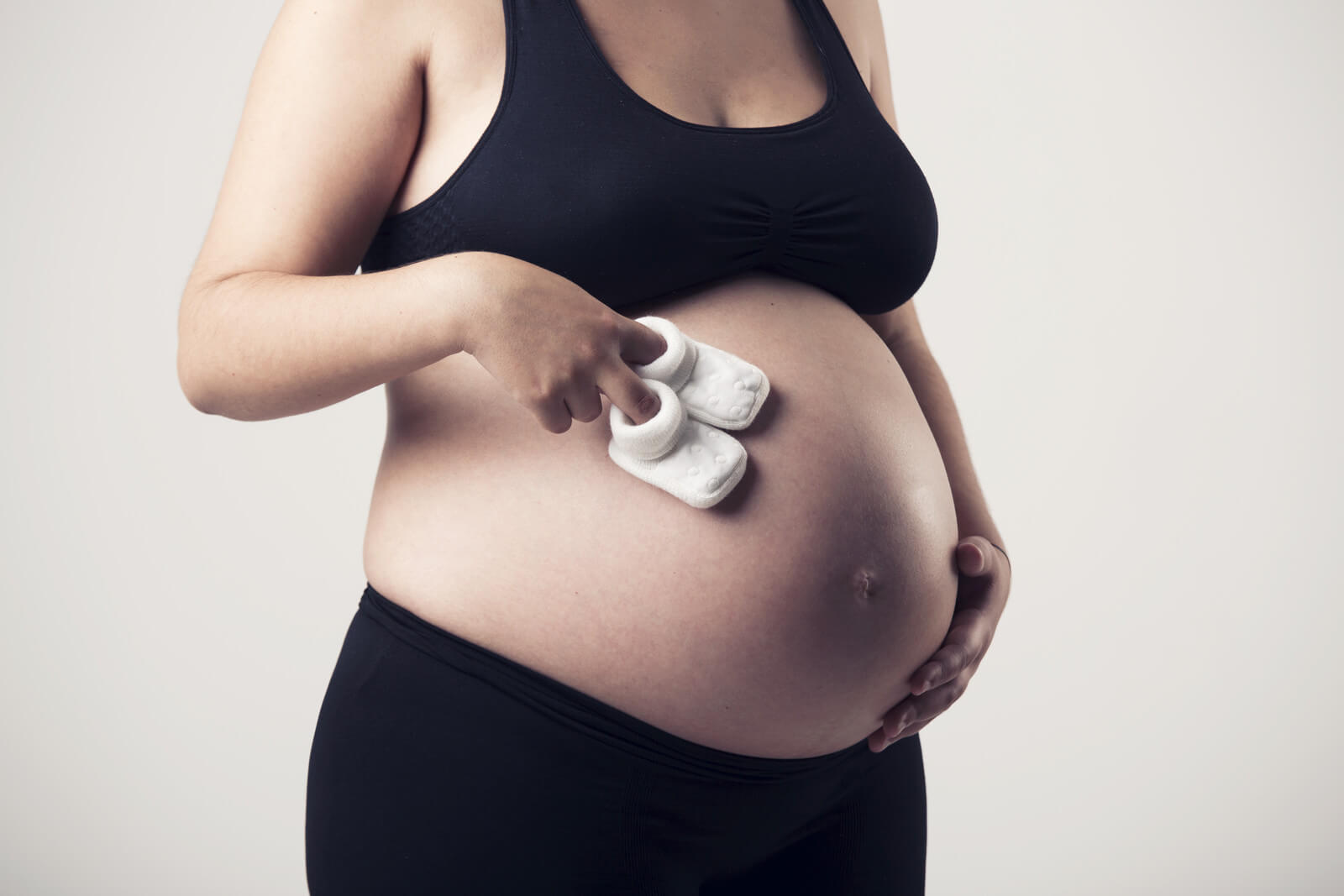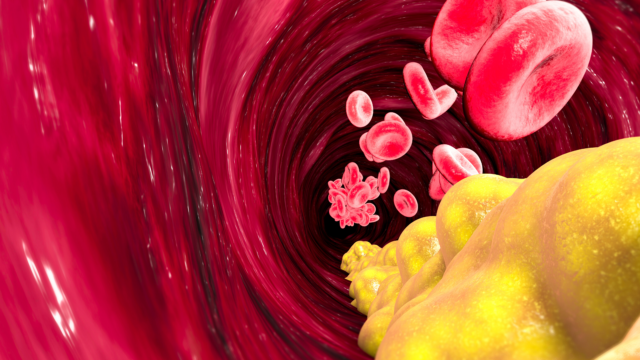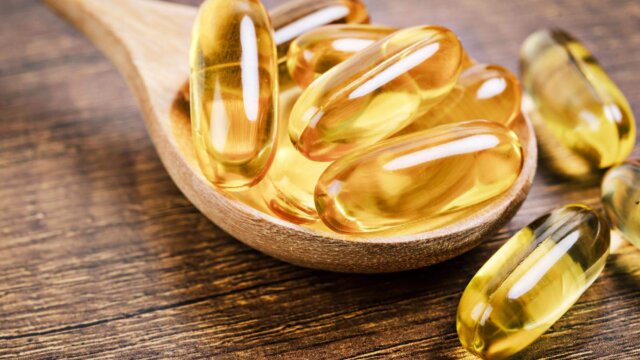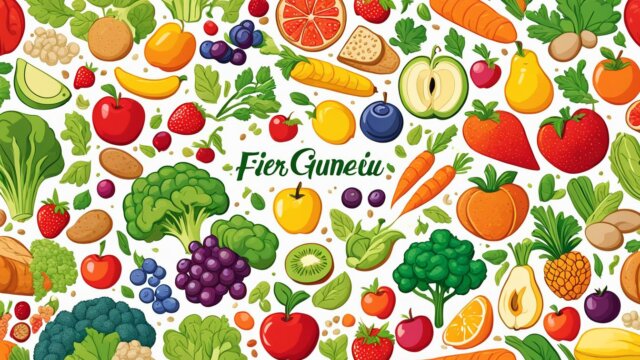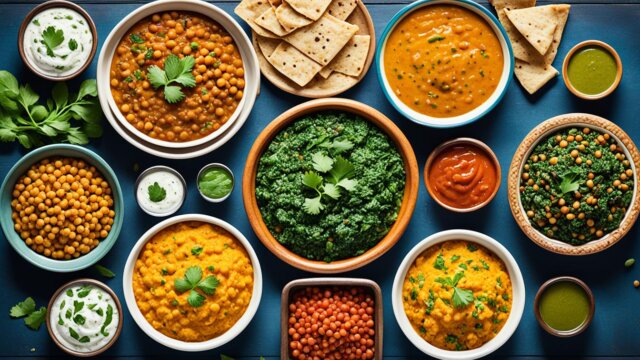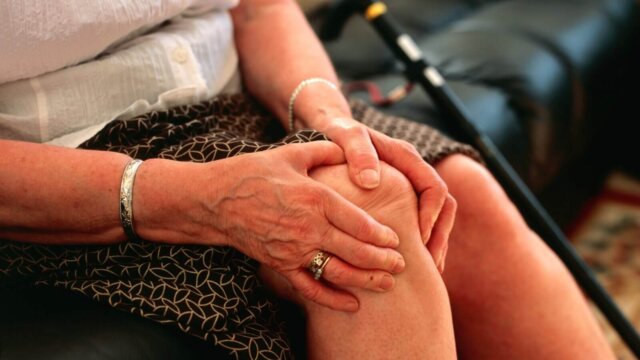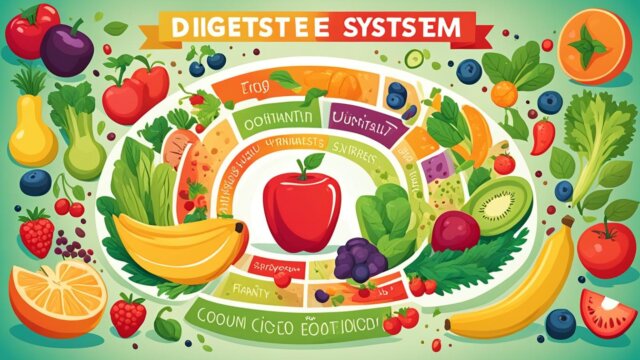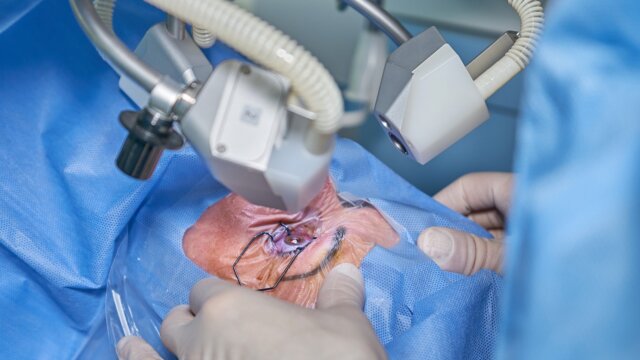FTC disclaimer: This post may contains affiliate links and we will be compensated if you click on a link and make a purchase.
When a woman is pregnant, she is responsible for the well-being of two people. Eating a healthy diet during pregnancy is important to ensure the baby’s health and development.
However, many nutrition and food-related myths about pregnancy can be confusing for expectant mothers.
This article will dispel some of the most common myths about nutrition and food during pregnancy.
Pregnancy MYTH: You need to eat for two during pregnancy.
We’ve all heard the saying “you’re eating for two now,” but is it really true? Do you need to eat twice as much now that you’re pregnant?
The short answer is no. You don’t need to eat twice as much. In fact, you only need about 340 extra calories per day during the second trimester and 450 extra calories per day during the third trimester. That’s not a lot!
The myth that you need to eat for two during pregnancy is just that, a myth. It’s not based on any scientific evidence. So where did it come from?
Some experts believe that the “eat for two” myth originated from a time when women were advised to gain a lot of weight during pregnancy. But that’s no longer the case. Now we know that too much weight gain during pregnancy can lead to health problems for both mother and child.
So, how much should you be eating during pregnancy? The answer depends on your starting weight. If you were at a healthy weight before pregnancy, you should aim to gain 25-35 pounds during pregnancy.
If you were underweight before pregnancy, you should aim for 28-40 pounds. And if you were overweight or obese before pregnancy, you should aim to gain 15-25 pounds.
Of course, every pregnancy is different, and you should talk to your healthcare provider about what’s right for you. They can help you create a healthy eating plan that meets your needs.
But the bottom line is that you don’t need to eat twice as much during pregnancy. Just focus on eating nutritious foods and getting enough calories to support your growing baby.
Pregnancy MYTH: You should avoid all caffeine during pregnancy.
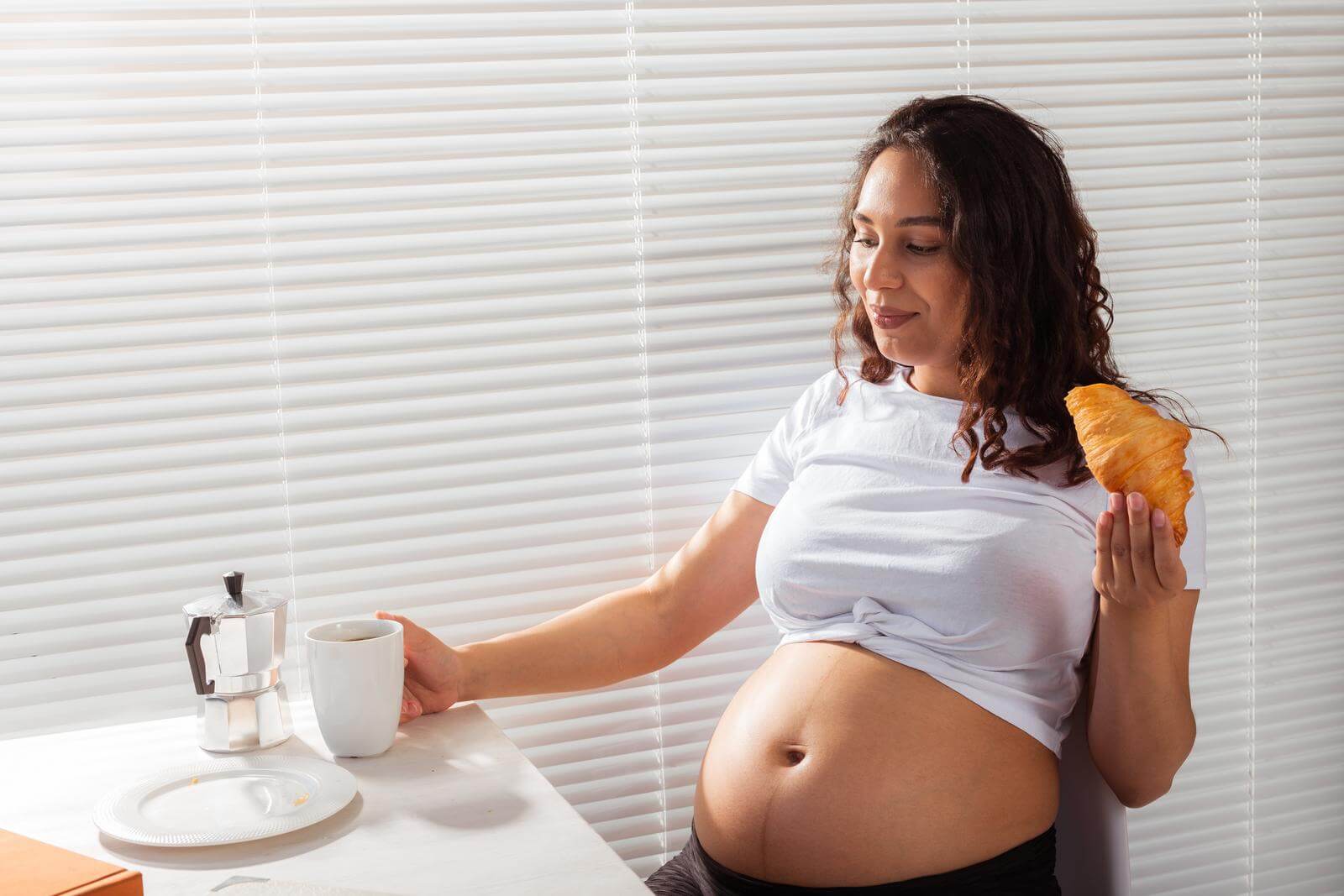
There’s a lot of information out there about what’s safe to eat and drink during pregnancy. So it’s no wonder many women are confused about whether or not they should avoid caffeine.
According to research, the truth is that there is no need to eliminate caffeine during pregnancy. In fact, moderate caffeine consumption (200 mg or less per day) is generally considered safe.
Of course, every pregnancy is different, and you should always check with your healthcare provider to see if they have any specific recommendations for you.
But if you’re looking for some guidance on how much caffeine is safe to consume during pregnancy, here’s what you need to know.
Caffeine is found in coffee, tea, soda, energy drinks, and chocolate. It’s also added to some medications.
- One 8-ounce cup of coffee contains about 95 mg of caffeine.
- One 8-ounce cup of black tea contains about 47 mg of caffeine.
- One 12-ounce can of cola contains about 35 mg of caffeine.
- One 16-ounce energy drink can contain anywhere from 50-200 mg of caffeine.
- One ounce of dark chocolate contains about 20 mg of caffeine.
As you can see, the amount of caffeine in different products can vary widely. So, it’s important to read labels and know how much caffeine you consume.
Pregnant and enjoying the occasional cup of coffee or tea, there’s no need to worry. Just limit yourself to one or two cups per day. And if you’re drinking soda or energy drinks, limit yourself to one per day.
Of course, if you’re not a coffee or tea drinker, you don’t need to start drinking them just because you’re pregnant. There’s no need to consume caffeine if you don’t enjoy it.
Pregnancy MYTH: Drinking coconut water after the seventh month of pregnancy makes the baby’s head as large as the coconut.
This myth has been around for many years, and many people still believe it. The truth is, there is no scientific evidence to support this claim. Coconut water is a healthy beverage for pregnant women, and it’s perfectly safe to drink after the seventh month of pregnancy.
There are many benefits of drinking coconut water during pregnancy. It’s a good source of electrolytes, which can help prevent dehydration. It’s also a natural source of vitamins and minerals, including potassium, calcium, and magnesium. Coconut water can help to keep you hydrated and can also help to improve your digestion.
If you’re concerned about the size of your baby’s head, talk to your doctor or midwife. They will be able to give you reassurance and advice.
Pregnancy myths are common, but it’s important to remember that they are just myths. If you have any concerns, talk to your healthcare provider. They will be able to give you the facts and dispel any myths you may have heard.
Pregnancy MYTH: Avoid Eating Deep Sea Fish or Big Fish During Pregnancy
Pregnancy is a fantastic time in a woman’s life. The changes that occur in her body are nothing short of miraculous. However, along with all of the beautiful changes, a few myths seem to crop up. One of the most common myths is that women should avoid eating deep sea fish or big fish during pregnancy.
This is absolutely not true! In fact, deep sea fish are actually a great source of nutrients for pregnant women. They are a good source of protein, omega-3 fatty acids, and iodine. All of these nutrients are important for a healthy pregnancy.
So, next time you hear someone say that you should avoid deep-sea fish during pregnancy, you can be confident in knowing that it is just a myth!
Pregnancy MYTH: You Have to Eat Meat for Healthy Pregnancy
There’s a lot of advice out there about what you should and shouldn’t eat during pregnancy. Some of it is based on old wives’ tales, and some of it is based on anecdotal evidence. But a lot of it is just plain wrong.
One of the biggest myths about pregnancy is that you have to eat meat to have a healthy pregnancy. This is simply not true. You can get all the nutrients you need from other sources, including plants.
There are many reasons to choose not to eat meat during pregnancy. For one, it can be hard to digest. Pregnant women often have constipation, and eating meat can worsen it.
Additionally, meat can be a source of harmful bacteria. These bacteria can cause food poisoning, which can be dangerous for both you and your baby.
Finally, many women simply don’t like the taste of meat during pregnancy. If you’re one of them, you don’t have to force yourself to eat it. There are plenty of other healthy foods to eat that will give you all the nutrients you need.
So if you’re pregnant and thinking about going meat-free, don’t let anyone tell you that you must eat meat to be healthy. Plenty of other options are just as nutritious (and delicious).
Pregnancy MYTH: Peanuts in Pregnancy cause allergies
When it comes to pregnancy, many myths and old wives’ tales are floating around. One of the most common myths is that you should avoid eating peanuts during pregnancy.
The thinking behind this is that peanuts are considered an allergen, and eating them during pregnancy could increase the risk of your child developing an allergy.
However, there is no evidence to support this claim. In fact, according to a study published in the Journal of Allergy and Clinical Immunology, there is no increased risk of peanut allergy in children born to mothers who ate peanuts during pregnancy.
So if you’re pregnant and craving peanuts, go ahead and indulge! Just eat them in moderation, as with all things during pregnancy.
Pregnancy MYTH: Cut out the cheese during pregnancy
It’s a common pregnancy myth that you need to cut out cheese during pregnancy. However, there’s no need to avoid cheese altogether. In fact, cheese can be a healthy and nutritious part of your pregnancy diet.
Cheese is a good source of protein and calcium, which are important for pregnant women. Protein helps to build and repair tissues, while calcium is essential for strong bones and teeth.
However, it would be best if you avoid some types of cheese during pregnancy. These include soft cheeses such as Brie and Camembert and unpasteurized cheeses. These cheeses can contain bacteria that may harm you and your baby.
So, what are the best cheeses to eat during pregnancy? Hard cheeses such as cheddar and Parmesan are safe to eat, as long as they’re pasteurized. You can also enjoy cream cheese, feta, mozzarella, and ricotta.
When choosing cheese, look for brands that are made with pasteurized milk. You can also check the label to make sure the cheese is made from pasteurized milk.
So, there’s no need to cut cheese out of your diet during pregnancy. Just be sure to choose the right types of cheese, and you and your baby will be just fine.
Pregnancy MYTH: Spicy food can induce labor
There’s a lot of misinformation out there about what can induce labor. One of the most common myths is that eating spicy food will help bring on labor. While there’s no scientific evidence to support this claim, there are a few things that could make it seem like it’s true.
Eating spicy food can cause indigestion, which can lead to cramping. Cramping is a common early sign of labor, so it’s possible that the spicy food just gave you a false labor scare.
Another possibility is that the capsaicin in spicy food can stimulate the intestines, sometimes leading to contractions. This is more likely to happen if you’re already close to your due date and your body is preparing for labor.
Pregnancy MYTH: If you eat dairy products during pregnancy, the baby will be born full of hair or a cradle cap
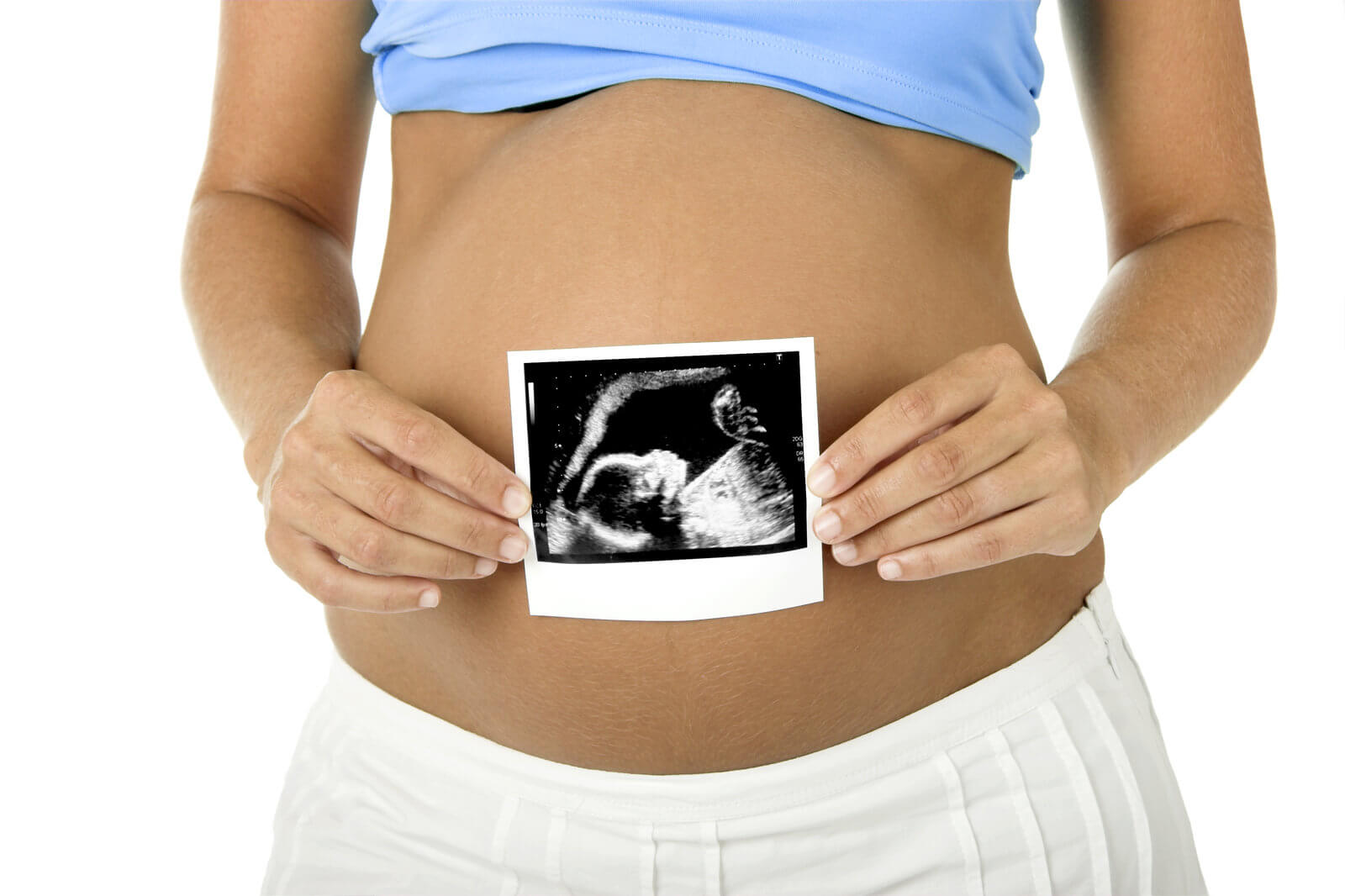
There’s a lot of advice out there about what you should and shouldn’t do during pregnancy. Some of it is well-meaning but misguided, and some are just plain old wives’ tales. One of the most common pieces of advice is to eat a lot of dairy products during pregnancy, especially if you want your baby to be born with a full head of hair.
The logic behind this advice is that dairy products are high in calcium, and calcium is essential for healthy bones and teeth.
Therefore, it stands to reason that dairy products would also be good for the health of your unborn baby’s bones and teeth. However, there is no scientific evidence to support this claim.
In fact, some evidence suggests that eating a lot of dairy products during pregnancy can actually harm your baby.
Also, there is no study found that can claim women who ate more than two servings of dairy a day were more likely to have babies with cradle cap, a condition that causes scaly patches of skin to form on the scalp.
So, if you’re pregnant, you may want to think twice before following this advice and loading up on dairy products. While there’s no harm in eating moderate amounts of dairy, overeating could put your baby at risk of developing a cradle cap.
Pregnancy MYTH: Morning sickness only happens in the morning.
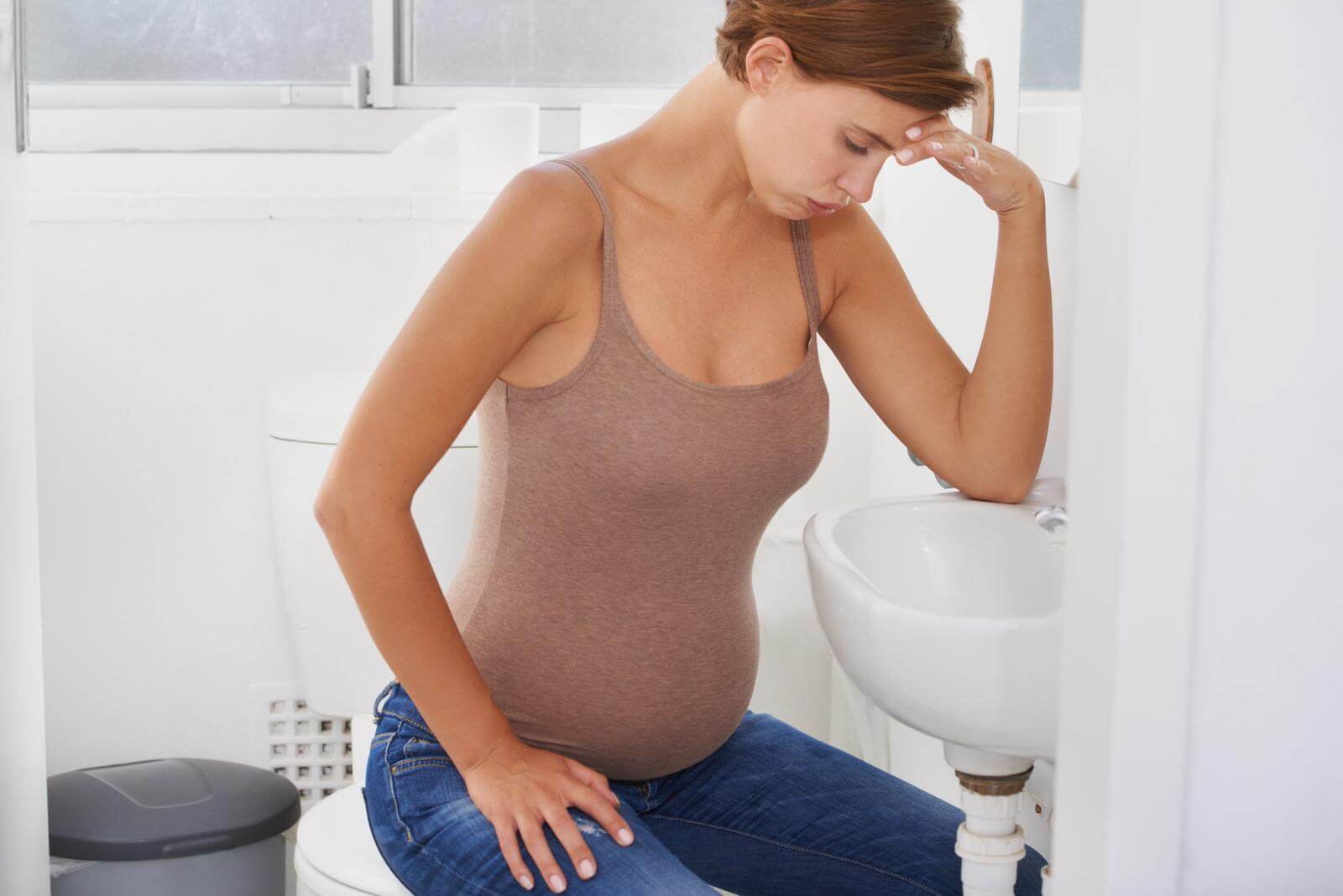
We’re debunking the myth that morning sickness only happens in the morning. Just because the name suggests, it doesn’t mean that’s when you’ll experience it.
In fact, morning sickness can happen at any time of day – although it is most common in the morning. But what exactly is morning sickness? Morning sickness is nausea and vomiting during pregnancy. It’s also called pregnancy sickness or nausea Gravidarum.
The symptoms of morning sickness can vary from woman to woman. For some, it’s just a feeling of nausea. For others, it can be more severe and include vomiting.
Morning sickness is most common in the first trimester of pregnancy but can also happen in the second and third trimesters.
So, if you’re feeling sick at any time of day, don’t assume it’s just a case of the flu or something you ate. It could be morning sickness.
If you’re experiencing morning sickness, there are a few things you can do to help ease the symptoms:
- Get plenty of rest
- Eat small, frequent meals
- Drink plenty of fluids
- Avoid spicy, fatty, and greasy foods
- Try ginger in the form of tea, capsules, or ginger ale
- Avoid strong smells
- Get some fresh air
If you’re finding it difficult to cope with morning sickness, talk to your GP or midwife. They can give you further advice and support.
Pregnancy MYTH: Drinking coconut water during pregnancy will result in the baby having a lot of hair.
Pregnancy is a fantastic time in a woman’s life. The body goes through so many changes, and it’s amazing to see the baby grow and develop.
However, there are a lot of myths and old wives’ tales out there about pregnancy. One of the most common is that drinking coconut water will result in the baby having a lot of hair and the mother getting acidity.
This is simply not true! Coconut water is a healthy and hydrating drink for pregnant women. It is packed with electrolytes and nutrients that are essential for both the mother and the baby.
No evidence suggests that drinking coconut water will cause the baby to have more hair. In fact, it is more likely that the baby will have less hair if the mother is not getting enough nutrients during pregnancy.
So, if you’re pregnant and looking for a healthy and refreshing drink, don’t believe the myths about coconut water. It’s a great way to stay hydrated and get the nutrients you and your baby need.
Pregnancy MYTH: Consuming ghee during the childbearing phase eases delivery and quickens the healing of the uterus in the postpartum period.
Ghee is clarified butter that is used in Indian cooking. It is made by simmering butter until the water evaporates and the milk solids settle at the bottom. The clear yellow butterfat is then strained off and used in cooking.
Ghee has a high smoke point and is ideal for cooking at high temperatures. It is also said to have a number of health benefits.
Some people believe that consuming ghee during the childbearing phase eases delivery and quickens the healing of the uterus in the postpartum period.
However, there is no scientific evidence to support these claims. In fact, consuming large amounts of ghee during pregnancy can actually be harmful.
Ghee is high in saturated fat and cholesterol. Consuming too much of these substances can increase the risk of obesity, heart disease, and stroke.
So, if you’re pregnant, it’s best to limit your intake of ghee. You can still enjoy the occasional ghee-based dish, but don’t go overboard.
Pregnancy MYTH: Food cravings can predict the sex of your baby
There’s no scientific evidence to support the claim that your food cravings can predict the sex of your baby. However, there are some theories about why this particular myth might exist.
One theory is that pregnant women carrying a boy tend to have higher testosterone levels, which can lead to cravings for salty foods.
Another theory is that the extra iron in a woman’s blood during pregnancy can lead to cravings for iron-rich foods like red meat, which are often high in salt.
So, if you’re pregnant and craving salty foods, it’s more likely a coincidence than a sign of your baby’s sex.
However, if you’re really craving salty foods and nothing else sounds good, there’s no harm in indulging your craving. Just be sure to eat in moderation and to choose healthy salty foods like nuts, seeds, and fish.
What about sweet cravings? Again, there’s no scientific evidence to support the claim that sweet cravings can predict the sex of your baby.
However, some experts believe that sweet cravings may be a sign of pregnancy complications like gestational diabetes.
If you’re pregnant and craving sweets, you must talk to your doctor to rule out any potential health concerns.
However, if you’re craving a little something sweet, there’s no harm in indulging your craving in moderation. Just be sure to choose healthy sweet foods like fruits, yogurt, and whole grain desserts.
So, what’s the bottom line? There’s no scientific evidence to support the claim that your food cravings can predict the sex of your baby.
However, there are some theories about why this particular myth might exist. If you’re pregnant and craving salty or sweet foods, there’s no harm in indulging your craving in moderation. Just be sure to talk to your doctor if you have any concerns about your diet.
Pregnancy MYTH: Eating something white first thing in the morning will result in a fair-skinned baby
There’s a lot of advice out there for pregnant women – some of it sensible, and some of it, well, less so. One pregnancy myth that’s been doing the rounds for years is that eating something white first thing in the morning will result in a fair-skinned baby.
Now, there’s no denying that what you eat during pregnancy can affect your child’s health and development. But the idea that eating something white will influence the baby’s skin color is nothing more than a myth.
So, where did this myth come from? Well, it’s likely a combination of two things. Firstly, the idea that what you eat during pregnancy can affect the baby’s appearance. And secondly, the fact that many fair-skinned people tend to eat breakfast foods like cereal or toast that are often white in color.
But the truth is, there’s no evidence to support the idea that eating something white will make your baby’s skin lighter.
So if you’re looking to have a fair-skinned baby, you’re better off focusing on other things, like using sunscreen and avoiding sun exposure.
Conclusion
There are many nutrition and food-related myths during pregnancy. It is important to talk to your doctor about any concerns you have and what is the best diet for you and your baby.
Many resources are available to help you make healthy choices for yourself and your growing baby.
